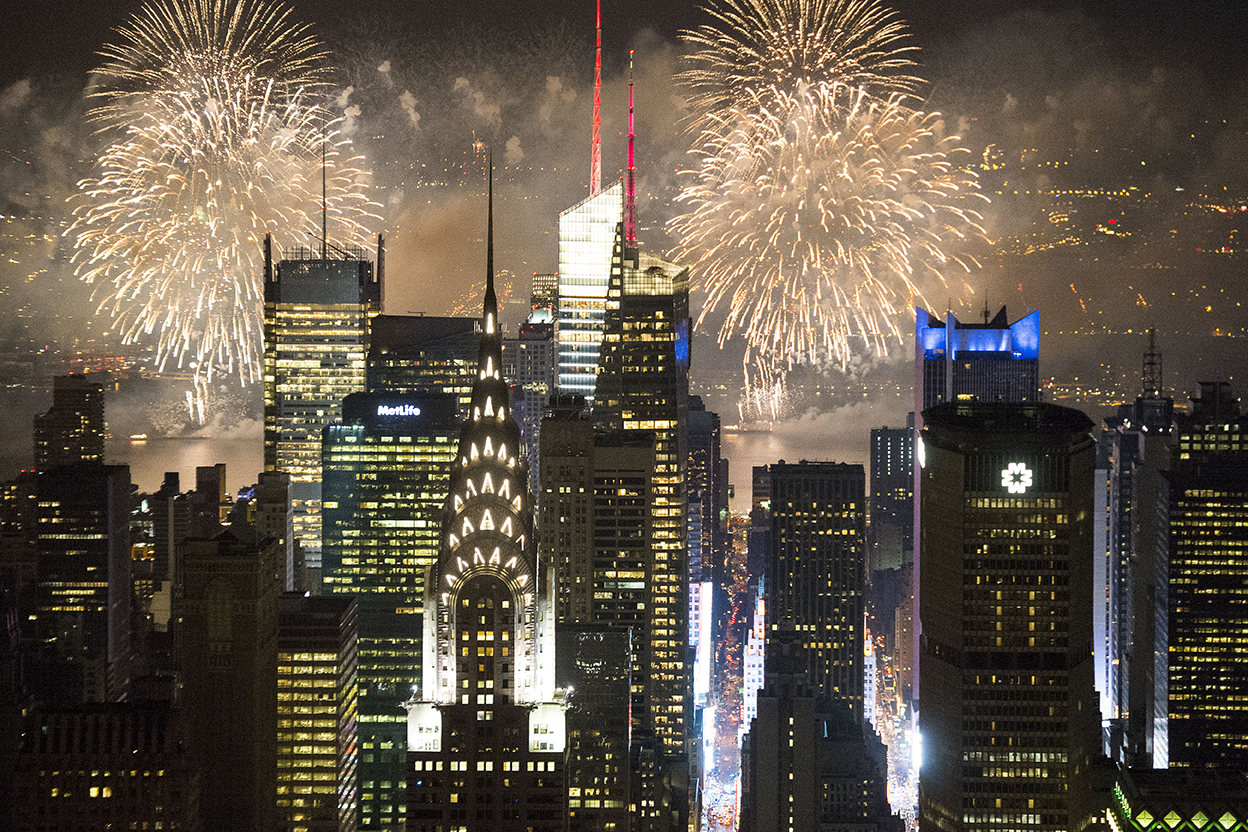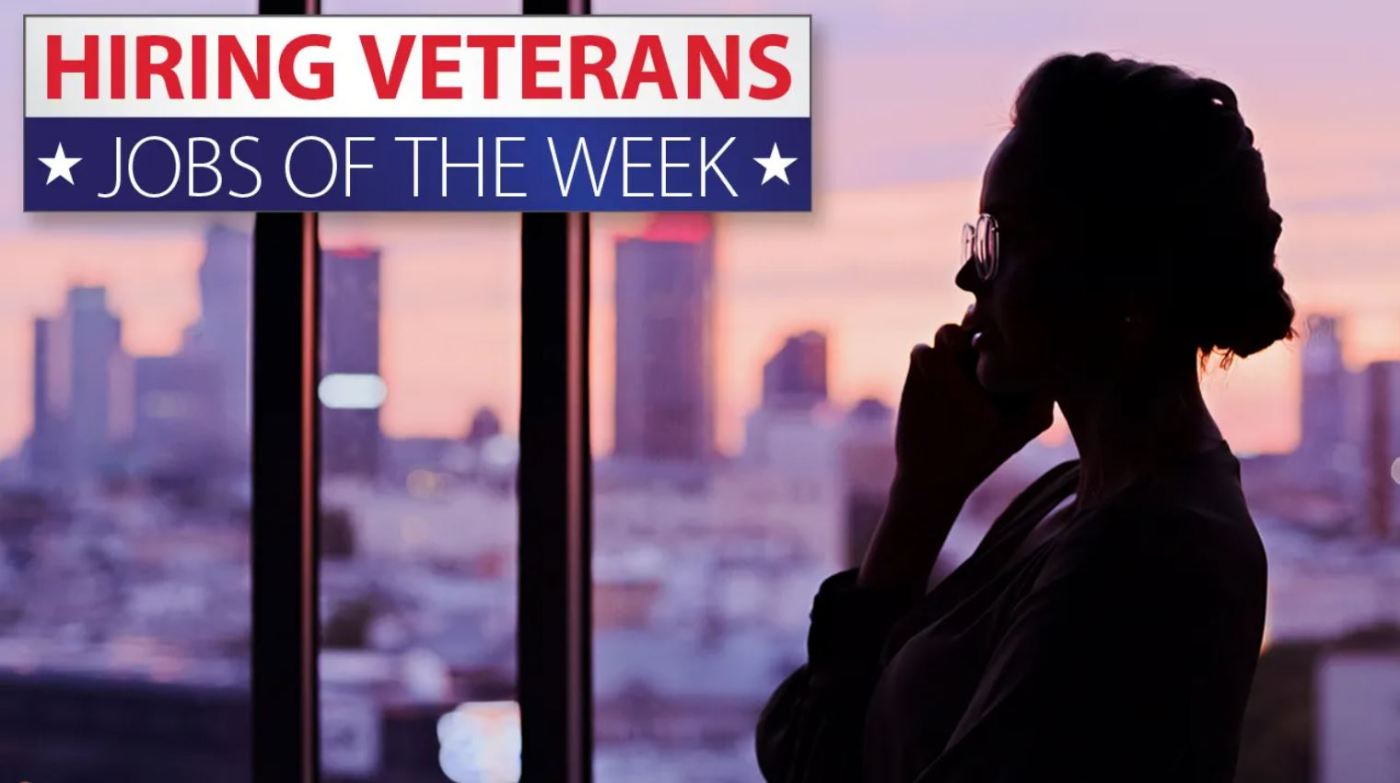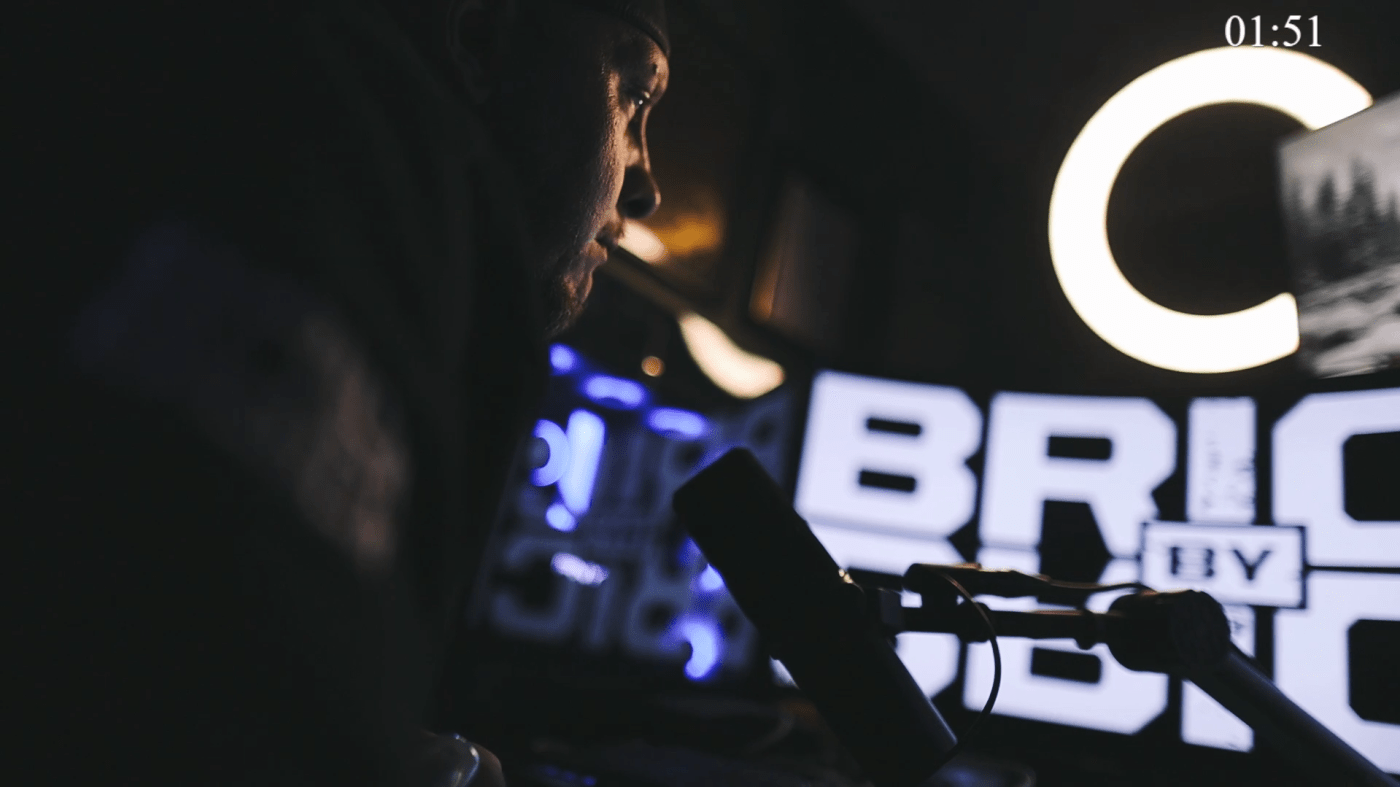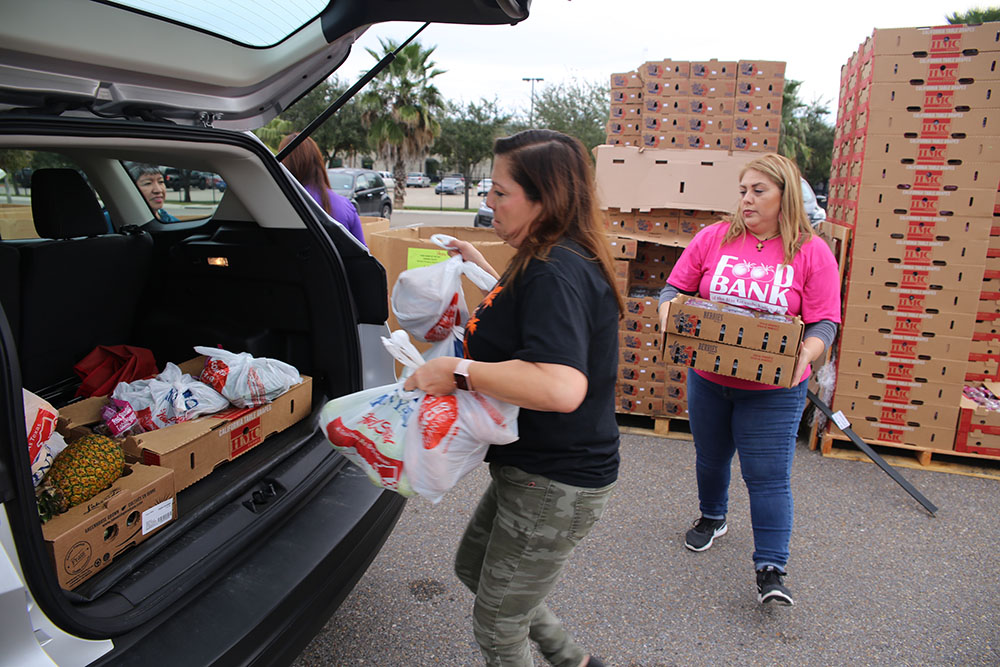If you are hosting a cookout, keep in mind there are some food safety guidelines to grilling and leaving food outdoors. “The rule of thumb is that after your food has been sitting out for two hours, it should be refrigerated, and after four days throw it away,” said Brooke Ward, VA Clinical Dietitian and MOVE Coordinator at the Salem, Virginia VAMC.
Independence Day celebrations could also trigger uneasiness and discomfort.
According to Dr. Julie Usala, a clinical psychologist specializing in PTSD treatment at the Salem VA Medical Center in Virginia, Veterans can plan ahead by letting their family and friends know if something makes them feel uncomfortable. Recognizing triggers ahead of time can help avoid bigger problems down the road. Common symptoms experienced around July 4th may include:
-
-
- Light sensitivity to fireworks and sparklers, especially at night.
- Strong reactions to sounds, such as fireworks and ceremonial gun and cannon fire.
- Uneasiness or feeling on edge in crowds.
- Feeling more jumpy or easily startled.
- Flashbacks (feeling as if traumatic events are actually happening again), frequently in response to sounds or smells.
- Feeling emotionally distant or cut off from family and friends during celebrations.
- Engaging in risky behaviors, such as drinking excessive amounts of alcohol, in order to push away unwanted traumatic thoughts.
-
Practice a few self-help tips or relaxation exercises to relieve feelings of uneasiness.
For friends or family: Paying Attention
If you are hosting a 4th of July party or picnic:
- Ask guests ahead of time if they have difficulty around the holiday.
- Consider safe alternatives to typical Independence Day celebrations. For example, if a Veteran friend or family member is alarmed by the loud sound of fireworks, you can suggest that your group use sparklers instead.
- Consider reducing or removing substances such as alcohol from your 4th of July events.
Dr. Usala added,“Recent research suggests that Veterans are at a much higher risk for engaging in violent behaviors if both PTSD and Substance Use Disorders are present than if either diagnosis is present alone.” Centering celebrations around activities other than alcohol consumption is recommended.
Remember to be courteous and don’t be afraid to discuss your plans with guests, friends and neighbors to ensure everyone has a happy and safe Independence Day.
More resources for Veterans and their loved ones can be found at MakeTheConnection.net
Topics in this story
More Stories
This post contains jobs for the week of Dec. 23, 2024. Each week, we post relevant and timely listings as we receive them, and for the locations listed.
Brick by Brick Vets, an online gaming organization for Veterans, is hosting Q&A sessions with VA experts on Twitch.
The $100,000 Community Catalyst Challenge identifies trailblazing organizations and revolutionize how we engage with Veterans and their families.







Independence Day celebrations could also trigger uneasiness and discomfort.Which is a great move
Is there a safe haven for Veterans with PTSD? My husband is a Combat Wounded Veteran and July 4th is a really bad time for all of us. Is there a place in Florida that we go to for us to feel safe?
I am going to my VA apt’ on July 6th@11:am. I hope to meet my brother, John, down there on Monday, and spend some time with him after my apt’.
May the Lord bless each Vet and their loved ones this 4th of July. May each Service Member past or present enjoy the freedoms you have provided to those who served (or serve) their country in other ways. Thank any First Responders, Law Enforcement, Fire Fighters, EMT’s, and Medical Staff for their service to this Blessed Nation.
I have suffered for 48 years of 4th of July celebrations. It is not getting better when it comes to ptsd. I was a conscientious objector combat medic with the 101st airborn. I was shot in combat and bled out on an operating table in vietnam. I died in country but was resusitated after receiving a blood exchange. My wounds have crippled me since then. Most of my comrades have died. It gets worse not better and the va tries to pawn off nurses rather than psychytrists who are mds who might have a medical trestment. This is criminal. It is like they hope we will self distruct in time and save them the embarrassment of us. My last effort at treatment ,though I am ptsd service connected required me to drive over a hundred miles just to establish a phone treatment program. No wonder vets are killing themselves. Respecfuily, Dr. R. Kipping